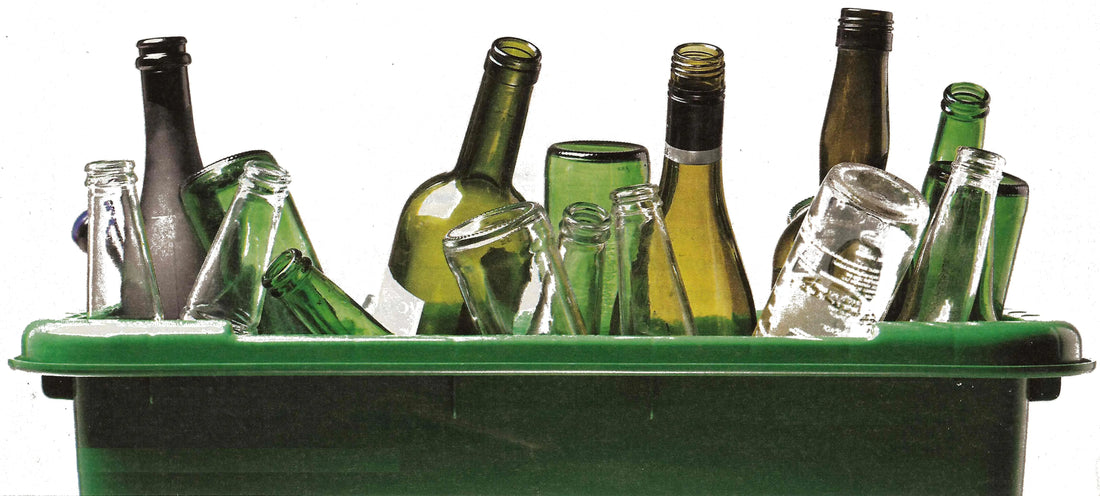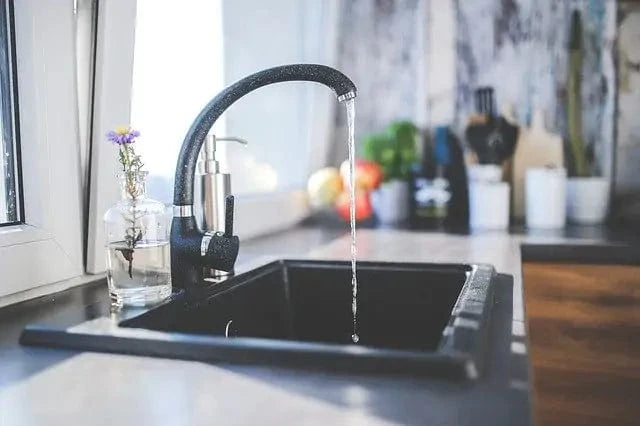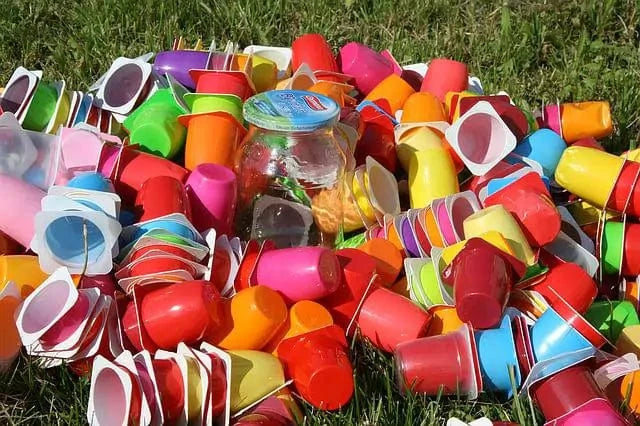Your basket is currently empty.
Shop NowDear Recycling Bins: Is Rinsing Recyclables a Waste of Water?

Dear Recycling Bins: Is Rinsing Recyclables a Waste of Water?
Dear Recycling Bins,
I understand the importance of rinsing recyclables. However, if I’m constantly doing this, am I wasting water?
Thank you for your question.
Many people worry that doing the right thing for the environment in one area means you have to compromise in another. However, it’s not possible to say whether it’s better to save water or recycle properly. That’s because rinsing recyclables doesn’t have to be a waste of water.

Why Rinse Recyclables?
If you don’t rinse food debris from your recycling, it can contaminate an entire load. Food debris is contamination. That one can of baked beans you didn’t quite rinse isn’t likely to cause a huge issue. However, if there’s too much contamination, the entire load might end up in landfill.
How Much Contamination is too Much Contamination?
So when you put non-recyclables into recycling bins or leave food debris in containers, this can result in a load being rejected. The load of recycling is either incinerated or sent to landfill. That’s why rinsing recyclables and not putting things like nappies in your recycling bin is essential.
Once recycling reaches a recycling facility, the level of contamination determines what happens to it.
If contamination is low, then the recycling is sorted by machines or by hand to remove contamination.
Where there is slightly higher levels of contamination, items are isolated and removed. However, this can increase costs.
If contamination levels are too high, the entire load is incinerated or sent to landfill. Both are bad news for the environment.
How to Save Water While Rinsing Recyclables?
The average running tap uses 6 litres of water per minute. So it’s not surprising that rinsing recyclables can feel like a waste of water. However, if you look at the bigger picture, clean recyclables means that more materials are recycled and reused in the long-run.
Rinsing recyclables doesn’t need to mean wasted water. You can give your recyclables a quick rinse when you do the washing up. You won’t need any extra water and it makes the job quicker and easier. The same goes for your dishwasher. Pop some recyclables in with your dishes and you won’t waste water.
So rinsing recyclables needn’t waste water, though it can seem like a waste of time. However, with bills rising across the board, saving on your water bill can make it worth your while.

Rinsing Recyclables: A Quick Guide
Food Tins & Drinks Cans
Rinse to remove debris. Put them in your leftover washing up water and give them a good swill until they’re clean. Leave labels on as they are often removed at recycling facilities.
Glass Bottles, Jars, and Containers
Beer bottles- You should rinse these. Put the lid back on if possible.
Jars- Treat them the same as beer bottles.
Foil
Rinse kitchen foil and takeaway containers in your washing up water. Remember that foil items such as crisp packets aren’t often accepted for recycling.
Cardboard
Firstly, that greasy pizza box needs to go in your general waste bin, not your recycling bin. Recycle things like egg boxes and kitchen roll tubes if they are dry and clean.
We hope our guide to saving water while rinsing recyclables has helped. If you want to read more on recycling and sustainability, check out the rest of our blog.






